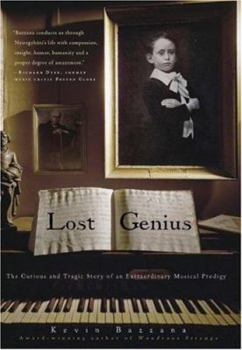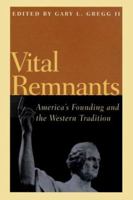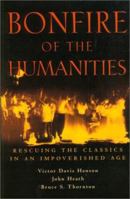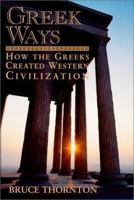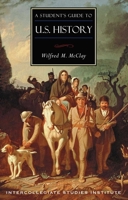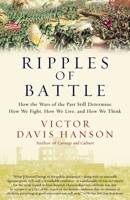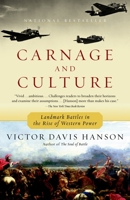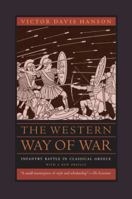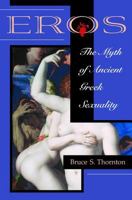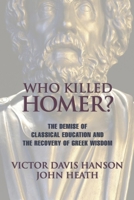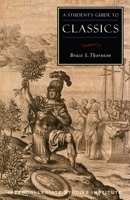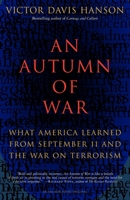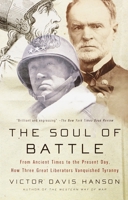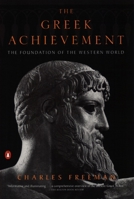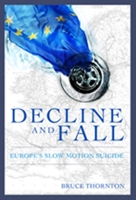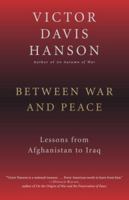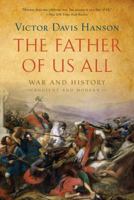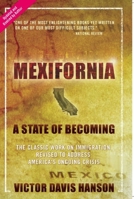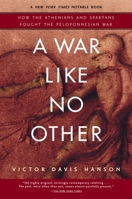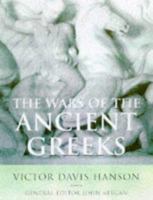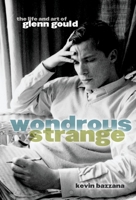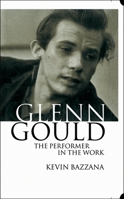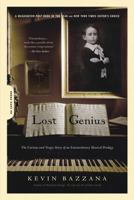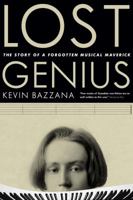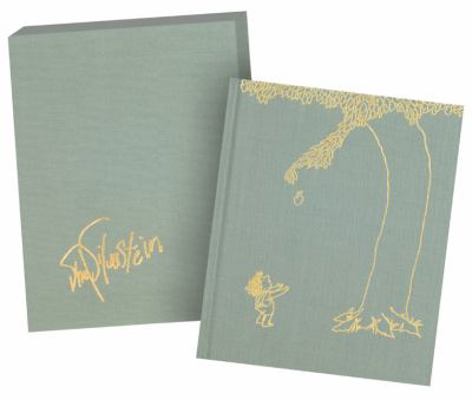Lost Genius: The Curious and Tragic Story of an Extraordinary Musical Prodigy
Select Format
Select Condition 
You Might Also Enjoy
Book Overview
Customer Reviews
Rated 5 starsmaybe the best partial eye possible
good book, given the fact that Nyiregyhazi had been'in hiding from the public' for most of his life. I wish there could have been more information on him.
0Report
Rated 5 starsEngrossing, can't put it down!
Am only half way through this book, but can't put it down! Fascinating, well researched and nicely written narrative of a fascinating, deeply flawed genius. Nicely done indeed!
0Report
Rated 5 stars"Lying in the Gutter, But Looking at the Stars"
This book is a triumph of the biographer's art. But the subject of the biography is sad beyond words. Ervin Nyiregyházi (pronounced, approximately NEER-edge-hawzy) was a profoundly gifted musical child prodigy, born in 1903 in Budapest and compared with Mozart in his youth. His first biography, written by Hungarian psychologist Géza Révész in 1910-1914 when the child was only 7-11, is one of the most detailed studies of a...
0Report
Rated 5 starsHow can we approach to a genius of the keyboard?
There's always something to discover around the figure of a sheer pianist. Specially of we are talking about the most eccentric pianist the world knew about. You may cite Mr. Gould, but in the case of Erwin Nyiregyhazi we are talking about a sheer artist, a thinker musician, that never gave a affected sound, although he was a Romantic per excellence. When I had the chance to listen in 1976 his double album "Nyiregyhazi plays...
0Report











